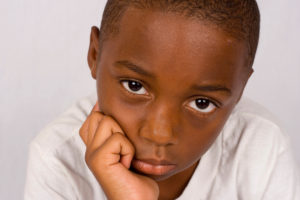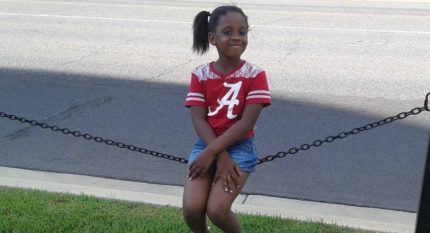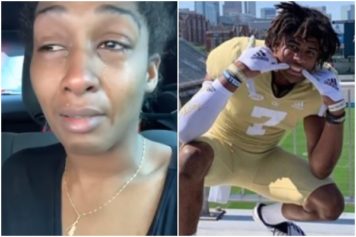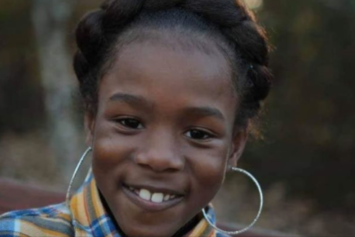African-Americans were once thought to be shielded from suicide. Cultural and religious traditions forbade the act, and the mental health conditions that often lead to it were too taboo for many in the community to discuss.
Statistics seemed to support the notion. Historically, rates of suicide for African-Americans have remained lower than other groups.
But a growing body of research and data has shown that suicide knows no color, as increasing numbers of Black Americans are taking their own lives. And the youngest of the population appear to be suffering at troubling rates. From 1981 to 1994, the suicide rate grew by 83 percent for African-American males between 15 and 24 years of age.
Last May, a study published in the JAMA Pediatrics journal found that suicide rates for elementary-aged Black children have doubled since the 1990s, while those for white children have declined over the same period. Epidemiologists looked at Centers for Disease Control and Prevention data on children between the ages of 5 and 11 from 1993 to 2012 and found that the rates of suicide by hanging almost tripled for Black boys in the 20-year period. For the first time ever, Black suicide rates had overtaken whites.
The scientists were so surprised by the trend, they waited for the 2012 results just to be sure.
“I was shocked, I’ll be honest with you,” Jeffrey Bridge, lead researcher and epidemiologist at the Research Institute at Nationwide Children’s Hospital in Columbus, Ohio, told The New York Times last year. “I looked at it and I thought, ‘Did we do the analysis correctly?’ I thought we had made a mistake.”
However, the pattern continued into 2012.
While researchers have speculated on reasons ranging from increased exposure to violence to the early onset of puberty, few studies have set out to identify a specific cause for the trends in Black suicides.
Now a new study led by University of Houston psychology professor Rheeda Walker has linked racial discrimination to thoughts of death in African-American youths.
For the study, 722 African-American children from schools in Iowa and Georgia were interviewed at age 10 and again at 12. The children answered questions about experiences in which others had low expectations of them because of their race, and their feelings on racially motivated slurs, insults and unfair treatment.
More than one-third of the students reported thoughts of death or dying, which Walker said can be a predictor of suicide.
Girls who reported feelings of nervousness, fear or depression because of racial discrimination had a slightly higher tendency to think about death than boys.
“When a child experiences discrimination, he or she may say to themselves, ‘I’m not worthy’ or ‘I’m not good enough,’ ” Walker said in a release. “Effective interventions can offset these feelings and help a child’s self esteem.”
Walker said the same racial biases that lead teachers to employ harsher punishment for African-American students may be to blame for the children’s suicidal thoughts.
“Parents must question patterns of suspicious or overly punitive disciplinary practice. It is difficult, if not impossible, to know when a child is being treated differently from other children if the parent is not in the classroom. However, there are usually ‘clues’ available,” Walker noted in an op-ed piece written for Ebony Magazine ahead of the study’s release.
“Suspicious disciplinary practice might look like being called out/formally reprimanded on the second day of kindergarten for age-appropriate behavior. Suspicious behavior might look like your child saying that the teacher cannot pronounce her name correctly, more than a month after the school year has begun,” Walker added.



